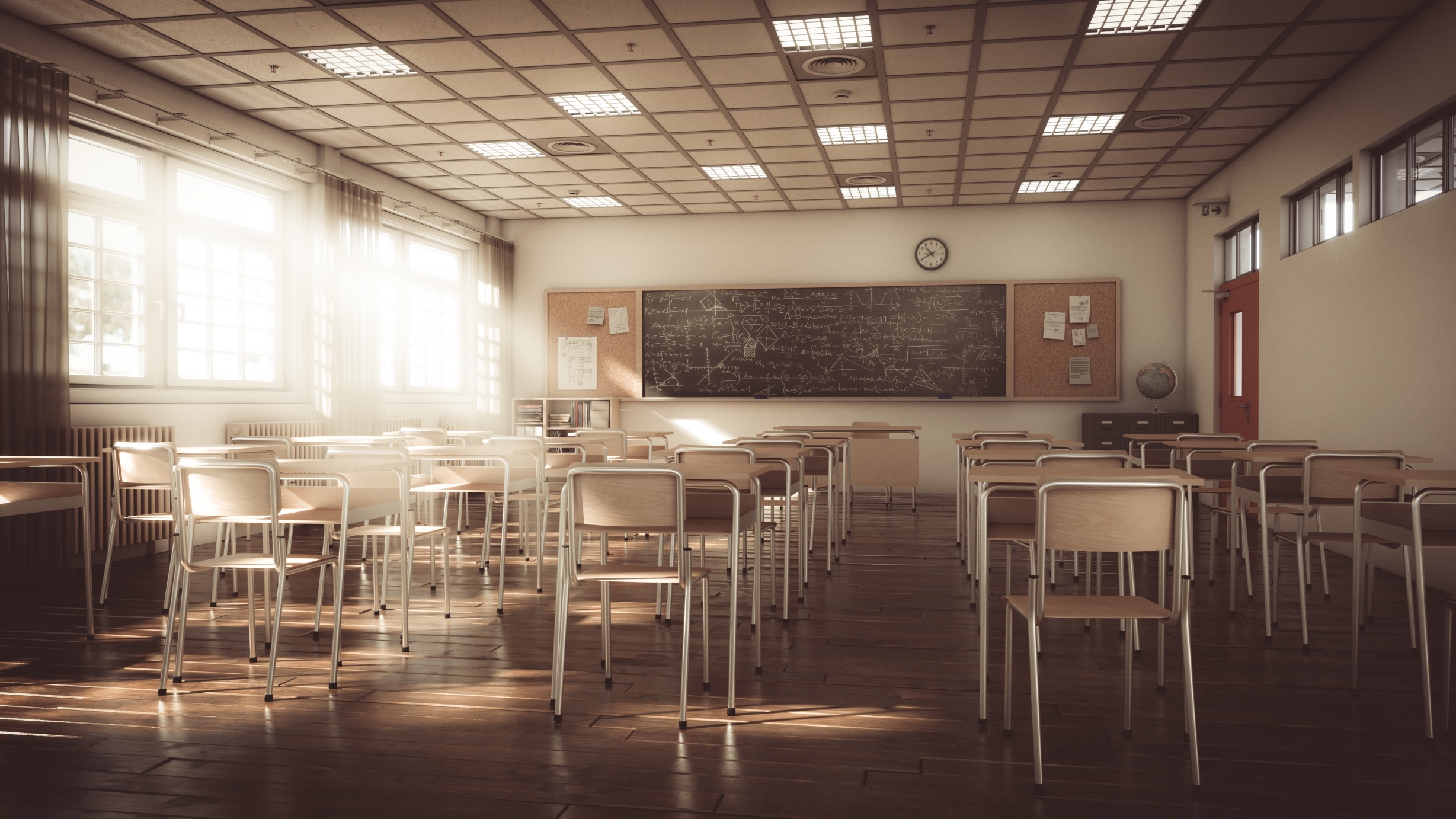During the July board meeting, the Alabama State Board of Education had a lengthy discussion about their proposal to protect supposed “intellectual freedom” in our public schools, while state legislators have pre-filed bills for Alabama’s 2022 session to ban divisive concepts. These are simply the latest in a wave of panic that has taken the country by storm, even though these efforts are solving a problem that simply doesn’t exist because K-12 schools in Alabama don’t teach things like critical race theory.
During that meeting, I listened in as I heard board member after board member make comments about why we so urgently needed to pass a resolution banning critical race theory from public schools. Comments ranged from wanting “our schools to be safe havens for our children” to claiming a parent withdrew their student out of fear their child would be called an oppressor. But these comments seemed to focus on the fear and panic of “what if,” not “what is.” What if a student is called an oppressor? What if a teacher talks about white privilege? What if schools won’t feel safe for every student?
But here’s the thing. I moved to Montgomery in fourth grade and went through some of the best public schools that Alabama has to offer. But even though I graduated and went to college, it was hardly a safe haven for me growing up and is instead a place where I experienced much trauma in the name of white comfort. And now, as a parent, I’m watching my son enter this same system, where we’ve already experienced insensitive language and lack of competency in engaging with students who aren’t white or Black.
That’s the “what is.” We can talk all day about fears of the education system and what we think students need in order to have a safe learning environment. (Hint: it isn’t censorship.) But in order to do that, we have to confront what the system already looks like, and y’all. It ain’t pretty.
Not only does the state of Alabama currently rank 47th in education, but the racial disparities are stark. And beyond the data, personal experiences of myself and other alumni of Alabama public schools can attest to its shortcomings, particularly for students of color and other marginalized identities. Just last year, fellow alums of my high school came forward to share stories of how they were treated at one of the leading magnet schools in the country. Whether having to tolerate racial slurs from classmates who faced no repercussions, being harassed by teachers and punished if complaints were filed or being threatened with being sent back to traditional schools, alumni of color painted a picture of an extremely toxic culture. Which might explain part of why the demographics of this school skew heavily white, even though the average percentage of white students in high schools in this district is less than 7 percent, according to 2019 enrollment data from the Alabama Department of Education.
In other words, students of color were not able to thrive in this toxic environment, which is what happens when we prioritize comfort over truth. The truth is that Alabama’s public schools have been failing kids of color for decades now, and if the state school board is going to go farther down that path by passing this resolution, then they cannot claim that they are doing it for all of Alabama’s children. This resolution only helps one group of kids, and at the expense of every other.













































